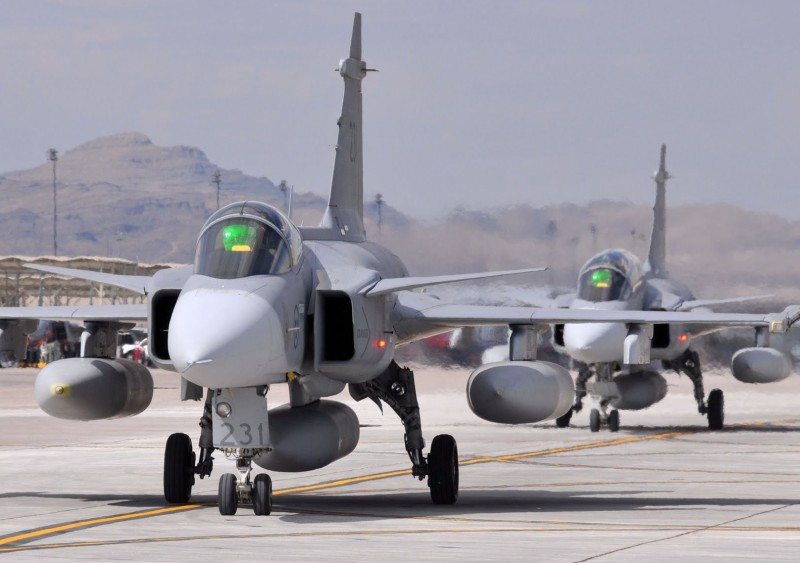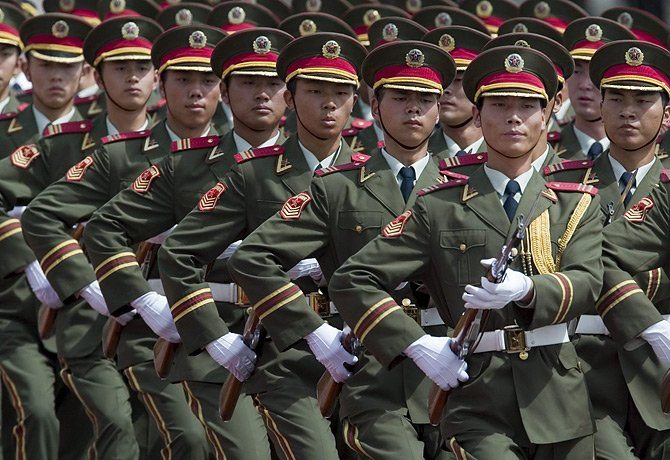The decision by the upper chamber of the Swiss parliament not to release funds for the purchase of new JAS Gripen fighter jets from Sweden has renewed doubt about the deal.
On Tuesday, the upper house the Council of States approved the defence ministry purchase by 22 votes to 20, but blocked the necessary funds.
“I still regard this to be a yes vote for Gripen, the Swiss will revisit the question of financing,” Swedish Defence Minister Karin Enström told the TT news agency.
The Swiss Council of States failed by just one vote to permit the release of the funds, the newspaper Tages-Anzeiger reported. One-off expenses of over $21 million need to be approved by an absolute majority in parliament.
The Swedish prime minister also reacted with apparent calm. “We knew there would be a democratic process and it is not yet finished,” Sweden’s Fredrik Reinfeldt told the TT news agency. “It is important for Sweden to have Switzerland as a strategic partner, but at this moment I do not want to comment further before the process has finished.”
He also referred to the fighter jet fleet upgrade that Sweden itself has ordered from the Swedish defence contractors Saab. “A strategic partner is a precondition for our own order to develop 60 planes,” he said.
The Swiss government opted in November 2012 to renew its fighter jet fleet with 22 JAS Gripen jets from Sweden. The price agreed came in at 3.1 billion Swiss francs ($3.3 billion).
The purchase has been hotly debated in Switzerland for months. Apart from whether the aircraft are actually needed, there is also the issue of guarantees from the Swedish government. The new series of Gripen jet is still being developed by Saab.
Until last week, it had looked as if the Council of States would wave through the purchase without question, Tages-Anzeiger said. The Council’s security committee had already approved the deal.
“We were all surprised by the result,” said Social Democrat member of the house Roberto Zanetti, who considers the new aircraft unnecessary. Zanetti said there had not been much criticism of the planned purchase during the debate in the chamber.
He said the result was a sign of the apparent uncertainty among the centre-right parties, who had appeared satisfied with the defence ministry answers to questions raised.
“Some centre-right parliamentarians had spoken about the risks attached to the deal, and that they wanted to look at the contract more closely,” Tages-Anzeiger quoted People’s Party parliamentarian Thomas Hurter. “They complained that the draft contract was only in English.”
Hurter sits on the security committee of the larger house of parliament, the National Council.
The deal will now go to the National Council for further debate in June.
There, Defence Minister Maurer is expected to meet with even more opposition to his armaments programme.
“I am convinced that the National Council will want to examine this business more closely,” Hurter said.
“After all, this aircraft was chosen on the grounds that it was cheapest.”










